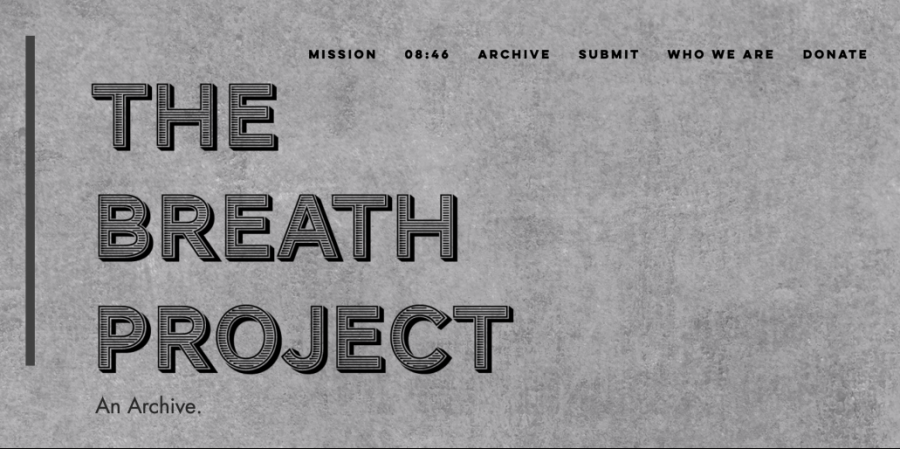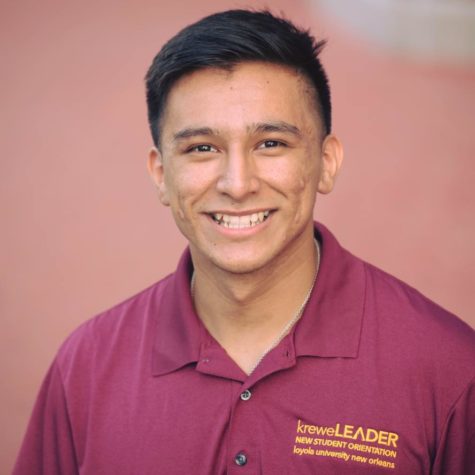National initiative allows artists of color to be heard
September 23, 2020
New Orleans’ theatre artists are using a national initiative to spark conversations with the discrepancies in their field.
“The Breathe Project” calls for BIPOC artists to speak and give their voices in a way that they may have historically not been able to.
“Specifically what it is we are looking for are pieces that are 8 minutes 46 seconds long in response to George Floyd. It really sparked the Black Lives, not the Black Lives matter movement but really internationally and kind of the protest that we continue to still see today,” said Sacha Grandoit, curator of The Breathe Project– southeast region.
Grandoit is one of many artists in New Orleans who has questioned how New Orleans can improve their companies so BIPOC are given more opportunities for people to appreciate their craft.
“Artists of color here in New Orleans in theatre specifically have just had enough,” said Sherri Marina.
Loyola University New Orleans adjunct professor Sherri Marina has been teaching for more than 20 years. This semester she is teaching a course titled Black Theatre. One of her methods of teaching a course during a period where injustices have been more vocalized in the theatre industry is to not shy away from having hard conversations and making sure everyones knows that their experience and opinion is valid.
“I want to share the knowledge. I want you to get excited about this piece of American history you probably didn’t know about,” said Marina.
Isaiah Jones has been pursuing theatre for 13 years and will graduate this spring as a theatre major. Platforms like The Breathe Project allow BIPOC artists to own their stage for maybe the first time.
When asked to give advice to young people who want to pursue theatre he wants people to know that unless the people who are at the table identify like you it is hard for companies to advocate for that identity.
“So all you can do is rely on your talent and know that your best is good enough,” said Jones.
The Breathe Project will use these submissions for a virtual festival in October. This will be a living work that will be accessible for high school and college students.








